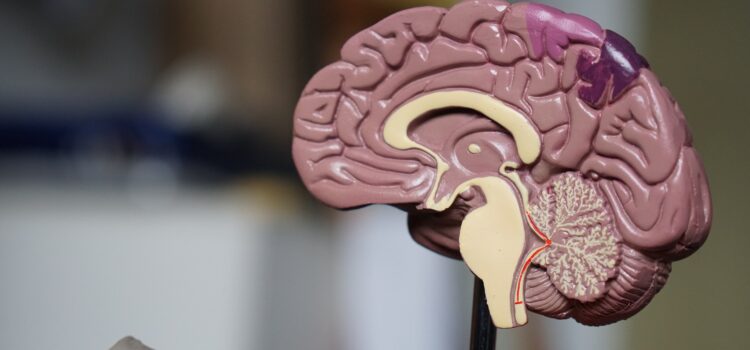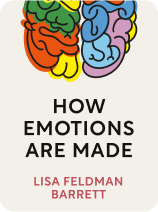

This article is an excerpt from the Shortform book guide to "How Emotions Are Made" by Lisa Feldman Barrett. Shortform has the world's best summaries and analyses of books you should be reading.
Like this article? Sign up for a free trial here.
What is your “predictive brain,” according to psychology? How do humans use prediction to maintain well-being?
Your predictive brain is in charge of monitoring all of your body’s needs, according to neuroscientist and psychologist Lisa Feldman Barrett. In her studies of the brain and emotions, Barrett found that the predictive brain plays a large role in regulating your mood, too.
Read on to learn more about the function of your predictive brain, according to Barrett’s research.
What Is the Predictive Brain?
Your brain makes predictions about your body’s needs, tests these predictions against sensory input, and updates its predictions accordingly—all within an instant. This is your predictive brain at work.
How do predictions work when it comes to emotions? Let’s say you’re walking to pick up something from the store. You see a puppy emerge from the bushes and start to cross the road just as a car comes speeding around the bend. In the split second in which this is happening, your brain doesn’t have time to process or react to all the sensory input it’s receiving. Instead, relying on your past experiences with accidents, cars driving too fast, and sadness about baby animals getting hurt, your predictive brain tells you that the car will hit the puppy. It predicts that your heart will start thumping and your face will flush. It tells you to cry.
If the worst indeed happens, your predictions are confirmed; you may cry and feel sadness. On the other hand, if the car narrowly misses the puppy, your brain might use the new sensory input to correct its predictions, and you’ll feel relieved. More often than not, however, your predictive brain will keep making the same predictions even when it receives evidence to the contrary. So even if the puppy escapes to the other side of the road, you may feel shaken and teary for a while afterward.
The Inner Workings of Your Predictive Brain
Barrett explains that when people lie completely still, with their eyes closed, and imagine certain emotional experiences, brain scans see major changes in the firing of neurons in their visual cortex and motor cortex. This happens even though the subjects aren’t receiving external sensory input from their eyes, and they don’t have any immediate plans to take action by moving their bodies. In fact, what’s happening is that their brains are making predictions about what they’re supposed to do next, which is causing neurons in their visual and motor cortices to fire.
(Shortform note: Barrett claims that your predictive brain uses past experiences to make predictions about what’s about to happen. In Stumbling on Happiness, Harvard psychologist Daniel Gilbert says that, in much the same way, you create an image of what the future will look like based on what’s happened in the past. This can result in you making poor decisions about what will make you happy in the future, which in reality may look nothing like your past. Both Barrett and Gilbert thus acknowledge prediction error—the mismatch between what you anticipate will happen and what actually happens—but neither provides an adequate explanation for why the brain isn’t better at learning from its mistakes.)

———End of Preview———
Like what you just read? Read the rest of the world's best book summary and analysis of Lisa Feldman Barrett's "How Emotions Are Made" at Shortform.
Here's what you'll find in our full How Emotions Are Made summary:
- A deep dive into what emotions really are and where they come from
- How some cultures have different emotions than others
- The difference between feelings and emotions






